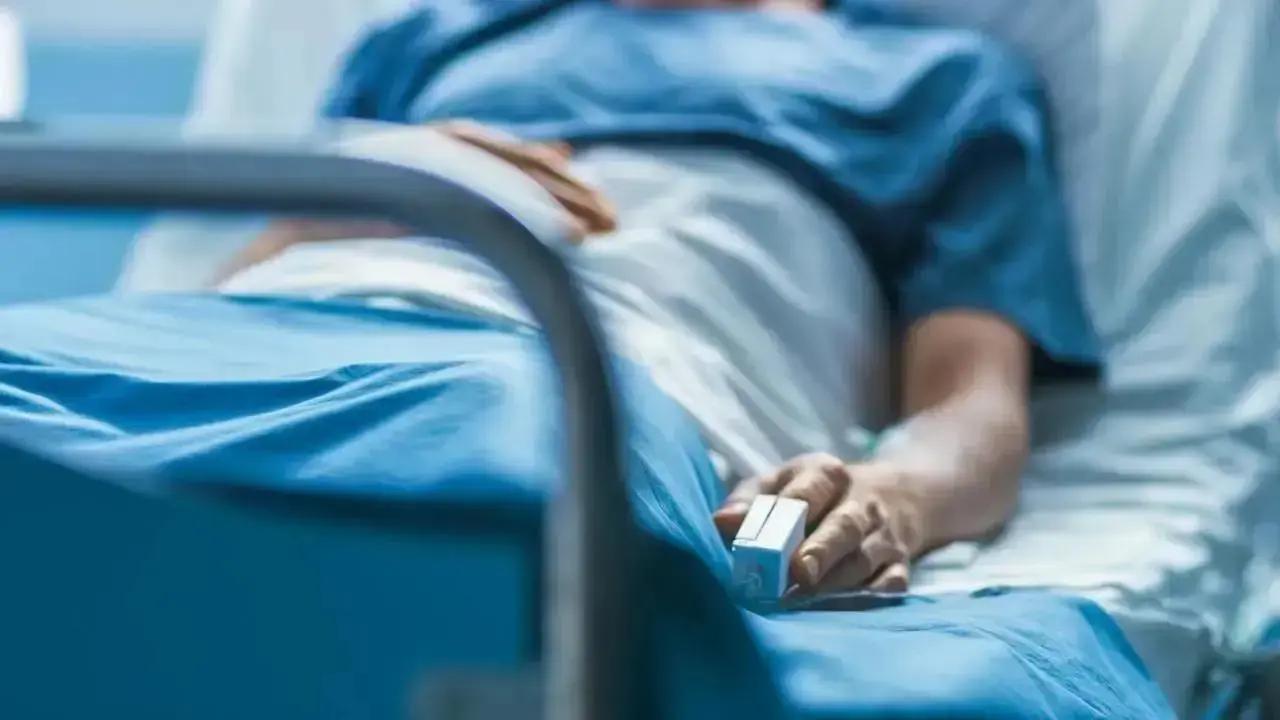The Andheri (East) resident was rushed to Seven Hills Hospital on January 21 after suffering from diarrhoea, high fever, and ascending paralysis

Representational pic
The condition of the sole Guillain-Barré Syndrome (GBS) patient in Mumbai, who is undergoing treatment in civic-run Seven Hills Hospital of Marol, is stable now, Andheri East legislator Murji Patel told mid-day.com on Sunday.
ADVERTISEMENT
"I visited the hospital on Sunday morning and had a discussion with the doctors on the patient's condition. They said that her condition is stable and she is under observation in the ICU (intensive care unit)," the Member of Legislative Assembly (MLA) said.
The 64-year-old Andheri (East) resident was rushed to Seven Hills Hospital on January 21 after suffering from diarrhoea, high fever, and ascending paralysis.
Earlier, Dr Daksha Shah, executive health officer, Brihanmumbai Municipal Corporation (BMC), said, “GBS is an autoimmune disorder and the patient admitted at SevenHills Hospital is an isolated case. Her case is unrelated to the Pune cases.”
Meanwhile, Patel also informed mid-day.com that no new patient has been detected so far. "There are 50 ICU beds which can accommodate GBS patients, if more cases are detected. Patients need not have to worry as they will be given treatment under Mahatma Jyotirao Phule Jan Arogya Yojana,” said Patel, referring to the universal healthcare scheme of the state government.
Officials informed mid-day.com that as a precautionary measure, arrangements have been made for 50 ICU beds with ventilators for children and adults in the five major hospitals of medical colleges in Mumbai. If more cases are reported in the future, 100 additional ICU beds with ventilators will be arranged at Seven Hills Hospital, they further informed, adding that all the necessary medicines for the treatment of GBS patients are available in Mumbai.
Health officials said that while the exact cause of GBS remains unknown, it is often triggered by viral or bacterial infections, vaccinations, surgery, or autoimmune reactions. Infections like flu, Epstein-Barr virus, cytomegalovirus, and respiratory illnesses are known risk factors. Though rare, some cases have been linked to vaccinations or trauma.
While GBS itself is not contagious but can develop following infections that may be. People recovering from viral or bacterial infections, those with autoimmune conditions, and individuals who have recently undergone surgery or vaccination (though rare) may be at higher risk. Early detection and treatment can help speed up recovery and prevent complications. While there is no cure for GBS, medical interventions can manage symptoms and improve outcomes for affected individuals. The health officials of a private hospital said that it would take a few weeks for patients to recover.
 Subscribe today by clicking the link and stay updated with the latest news!" Click here!
Subscribe today by clicking the link and stay updated with the latest news!" Click here!







